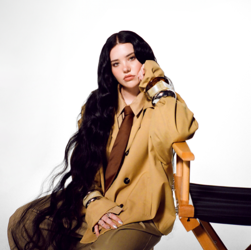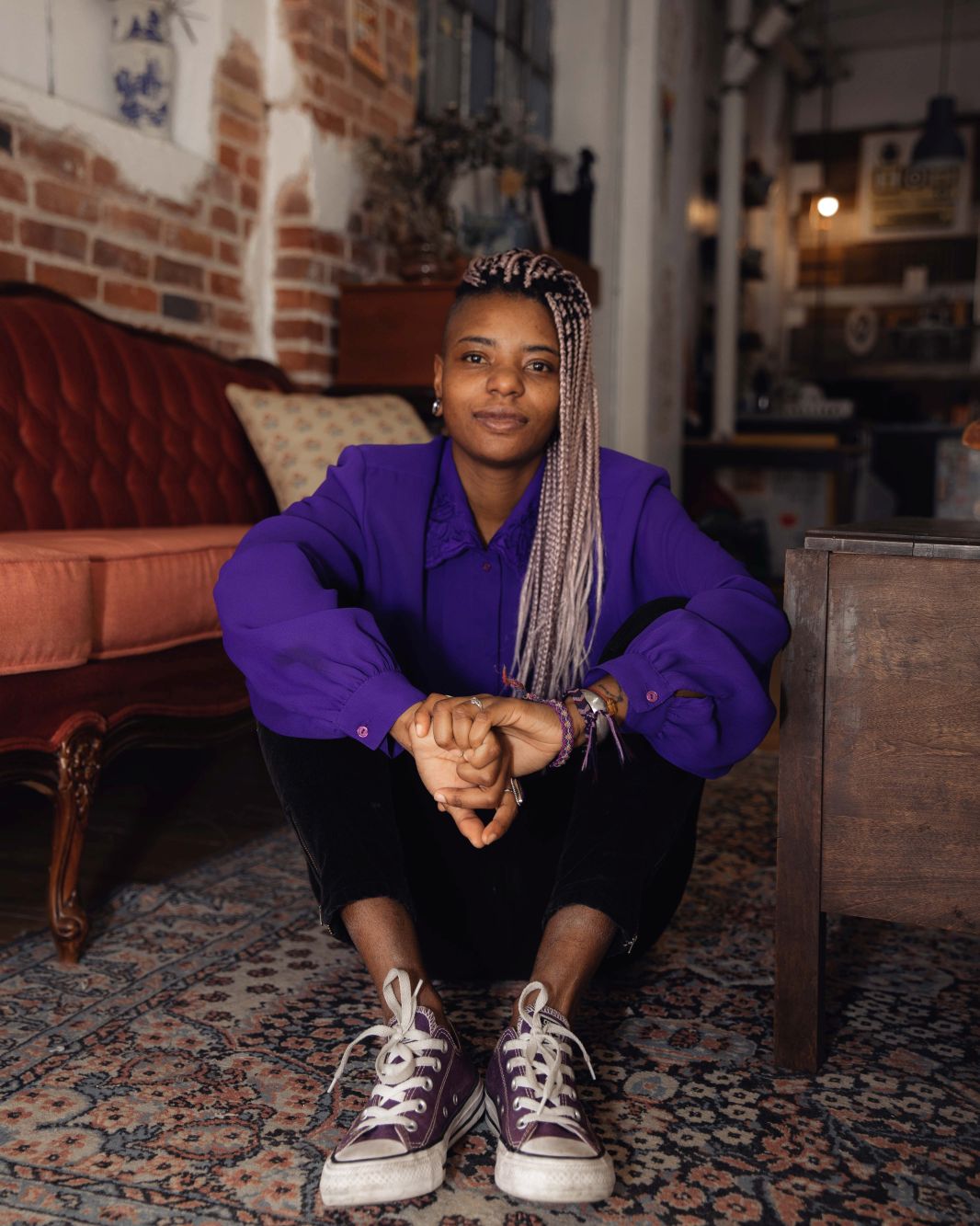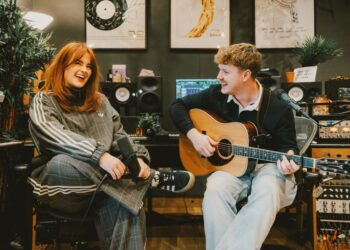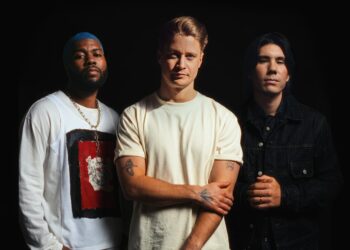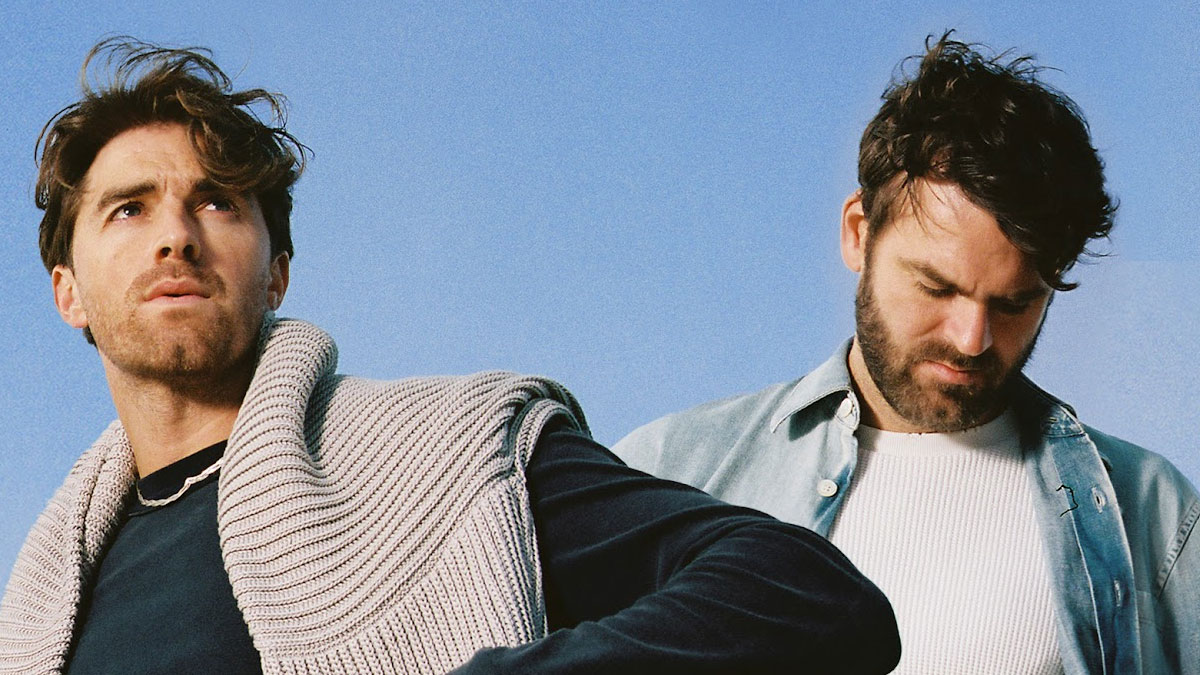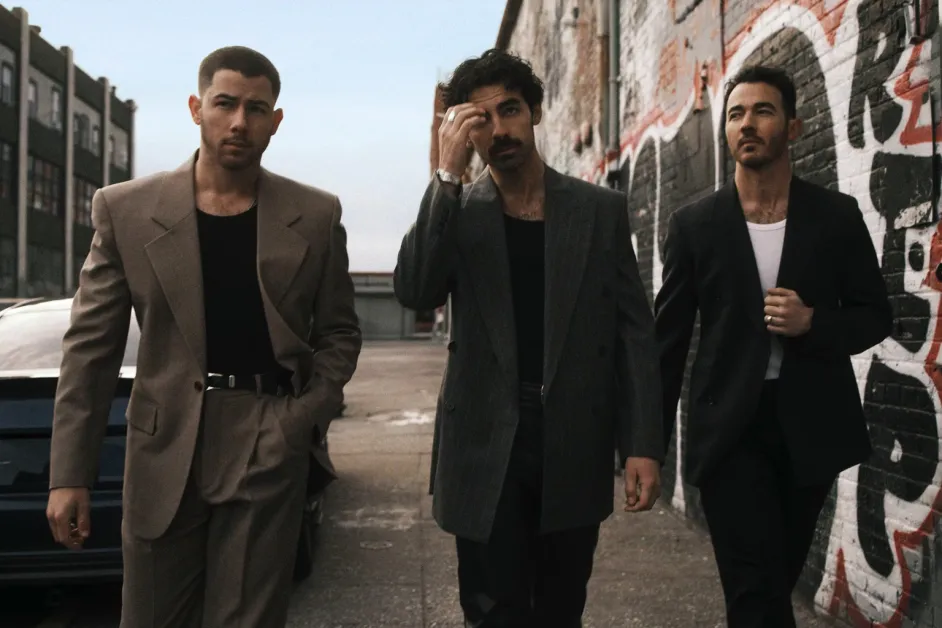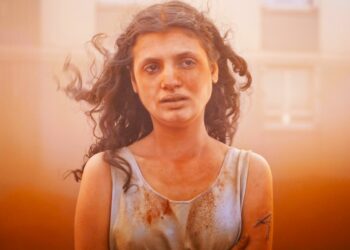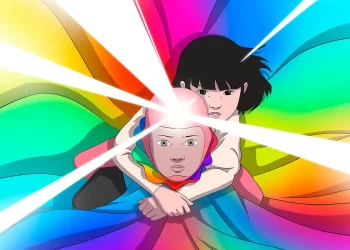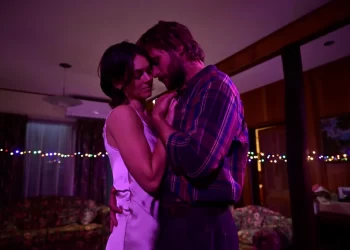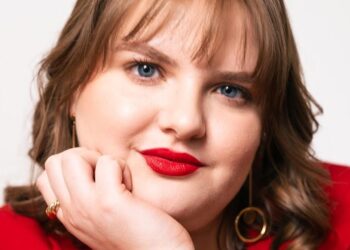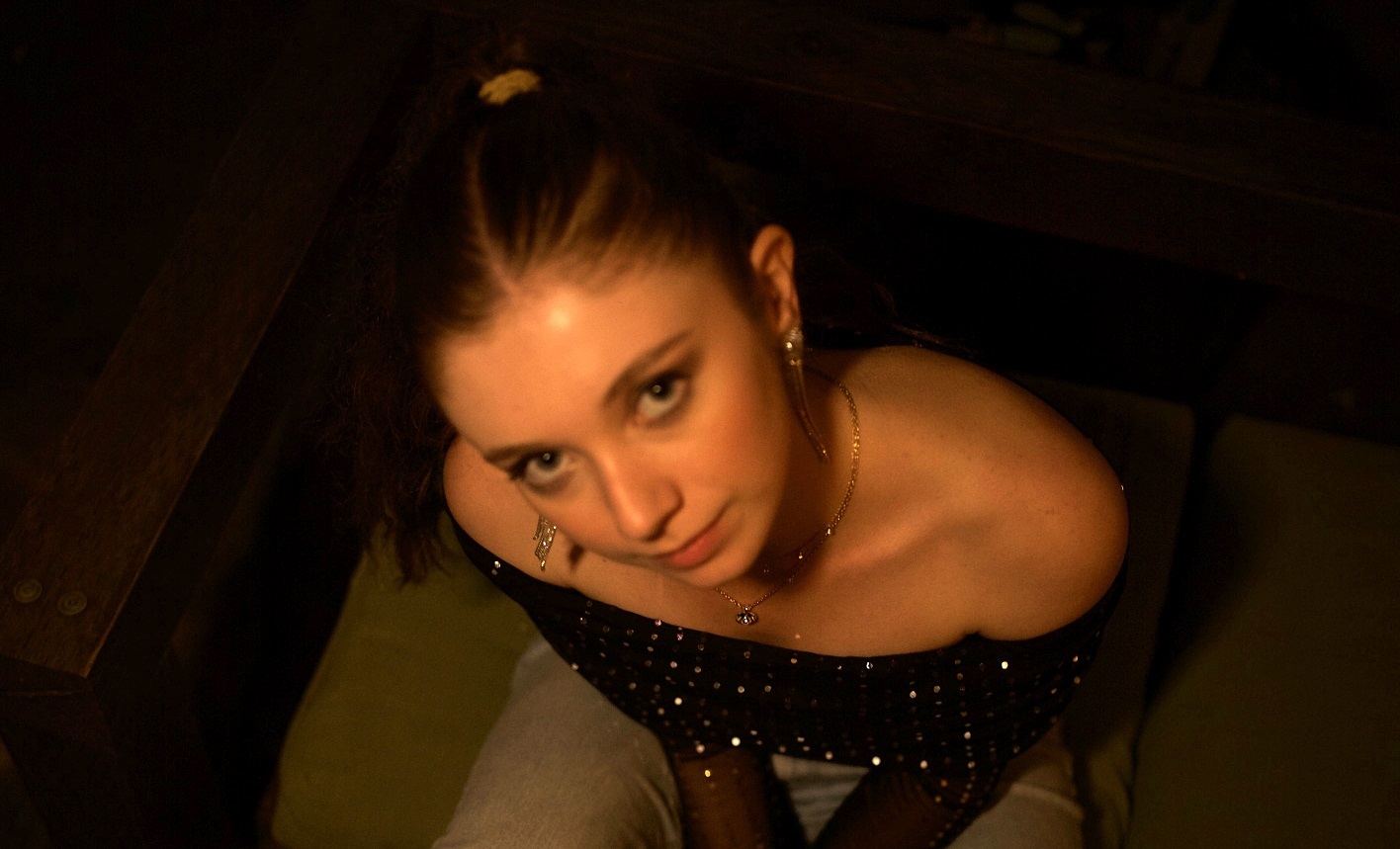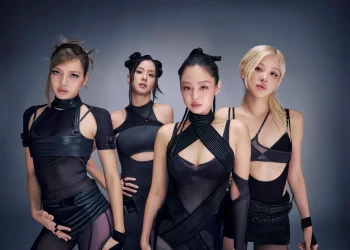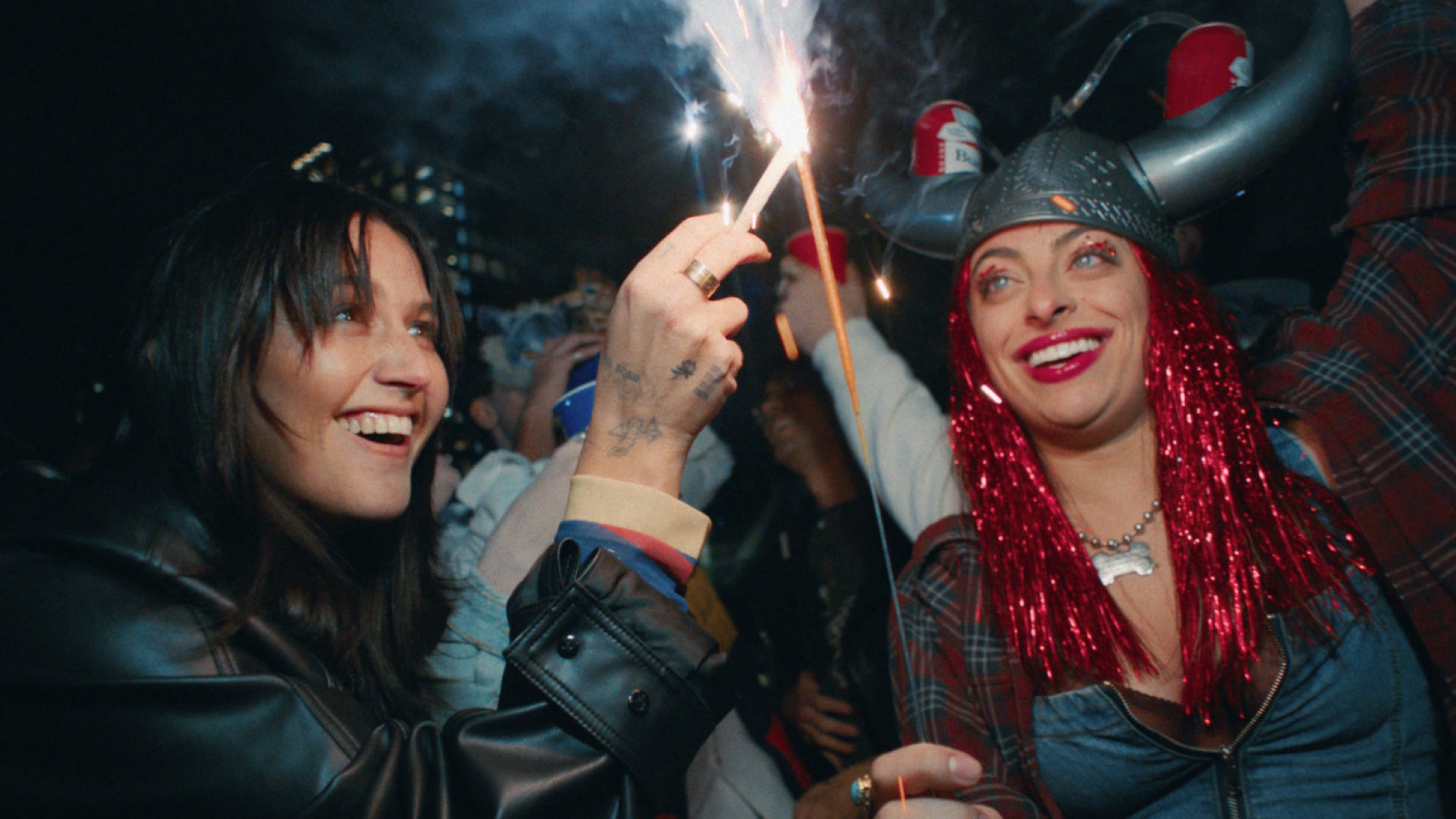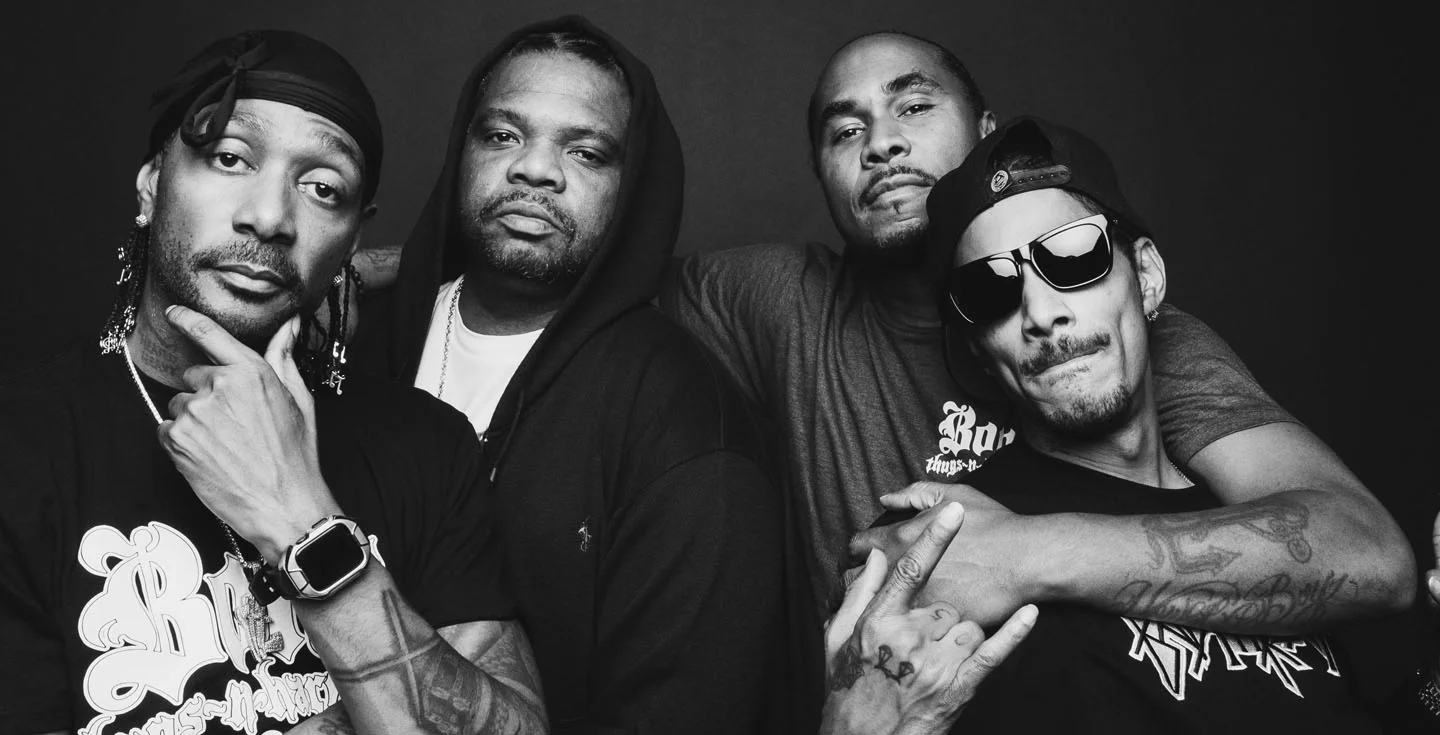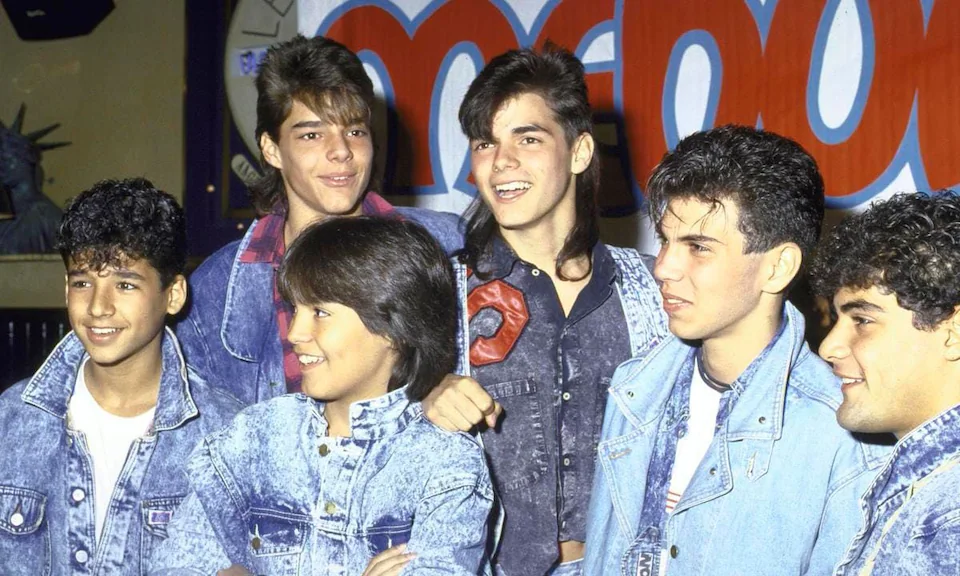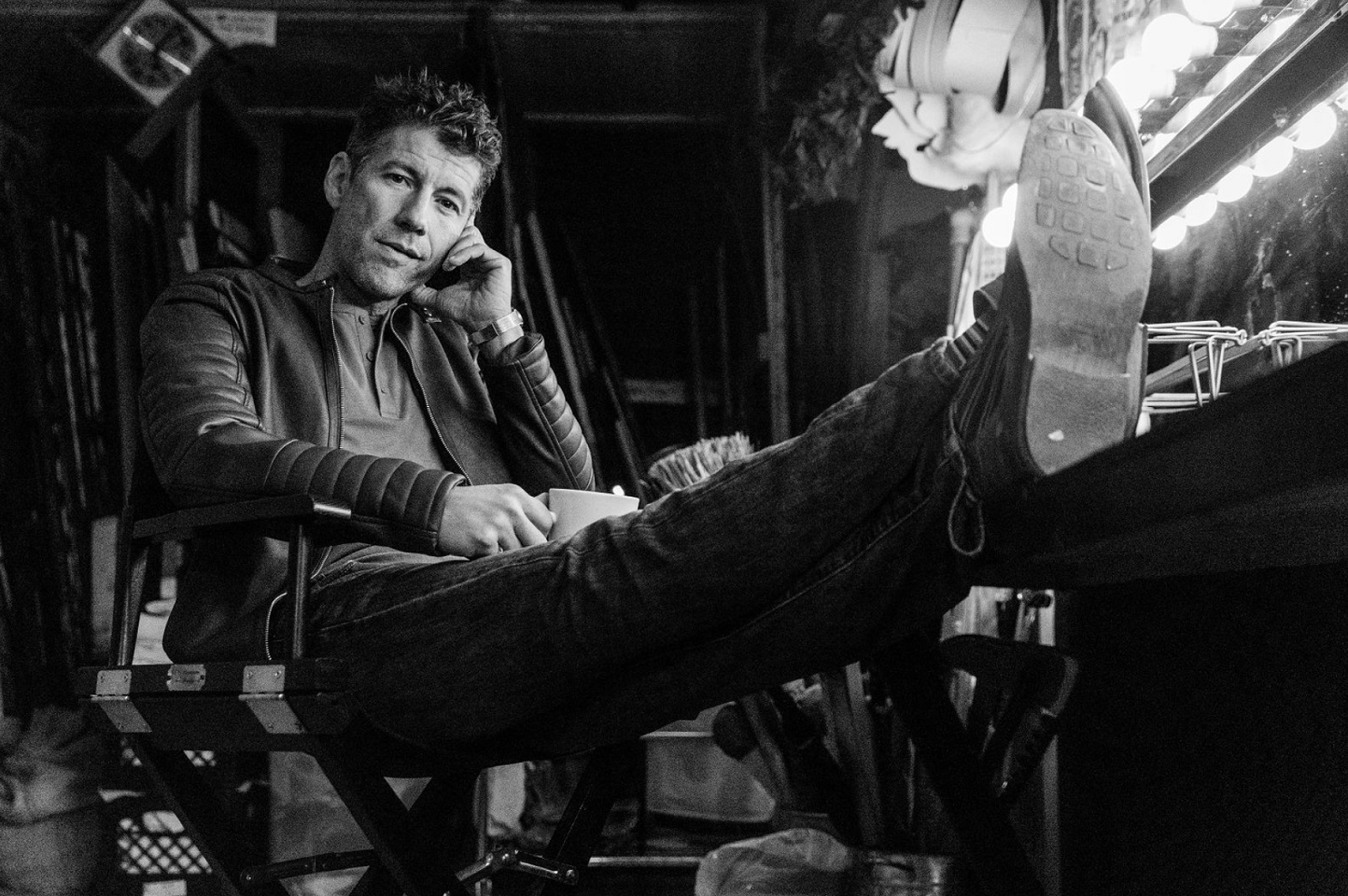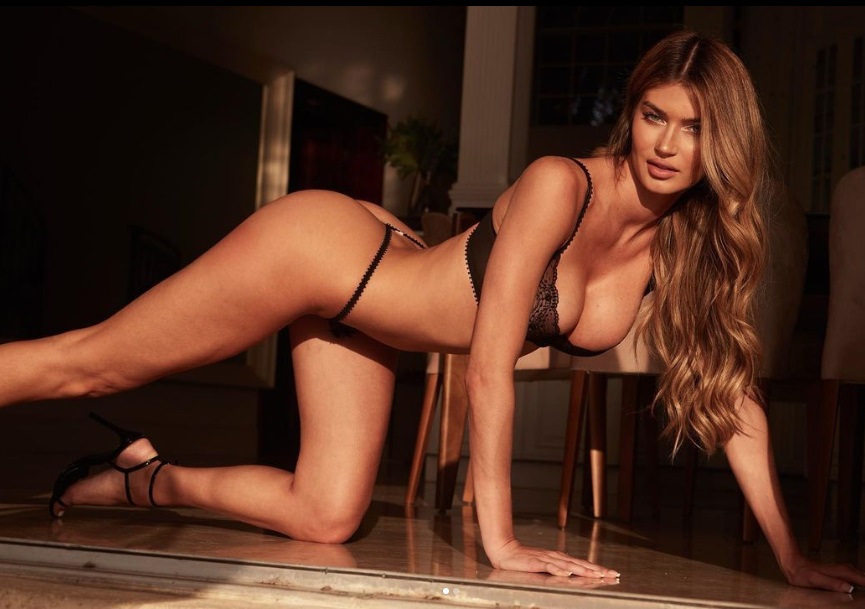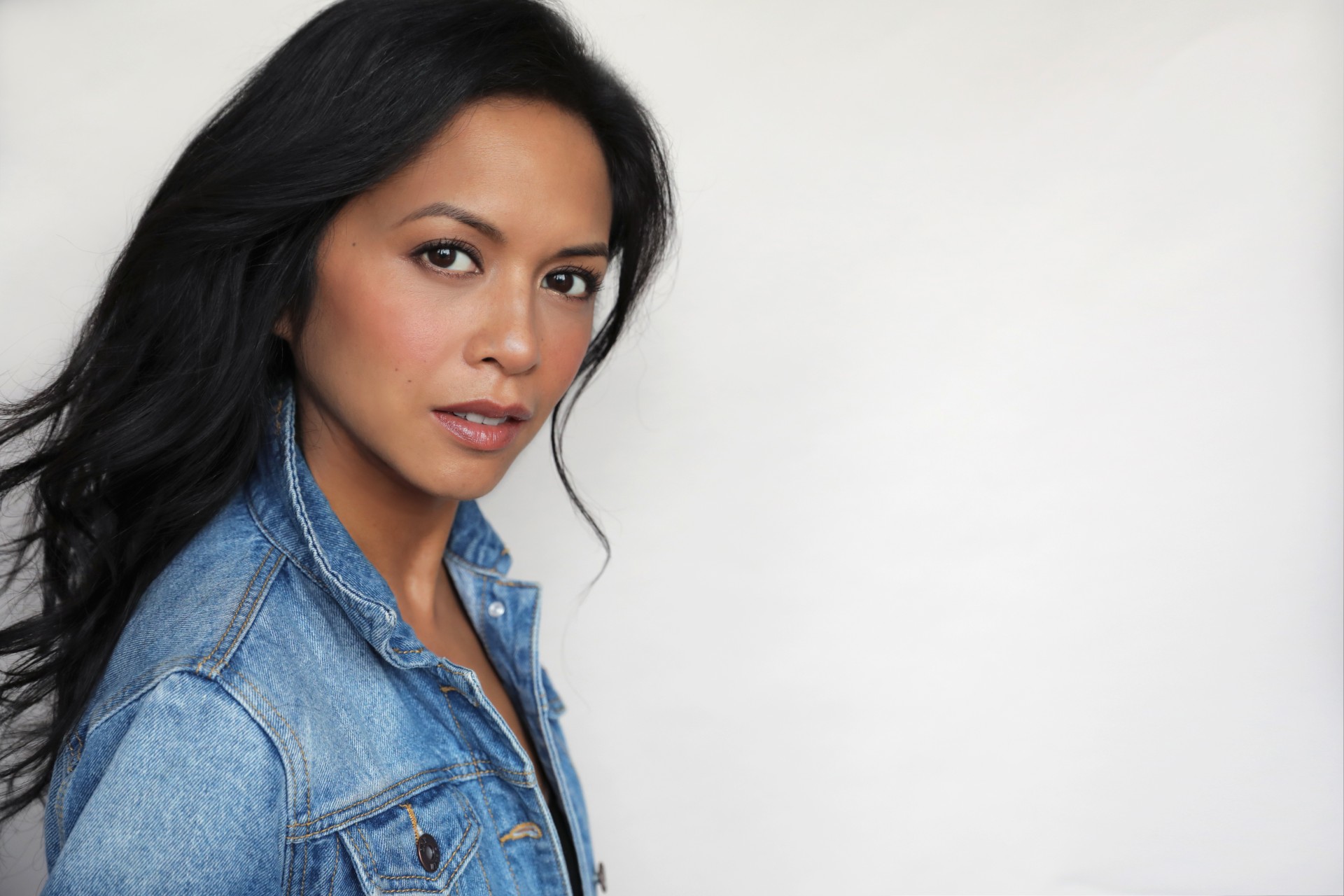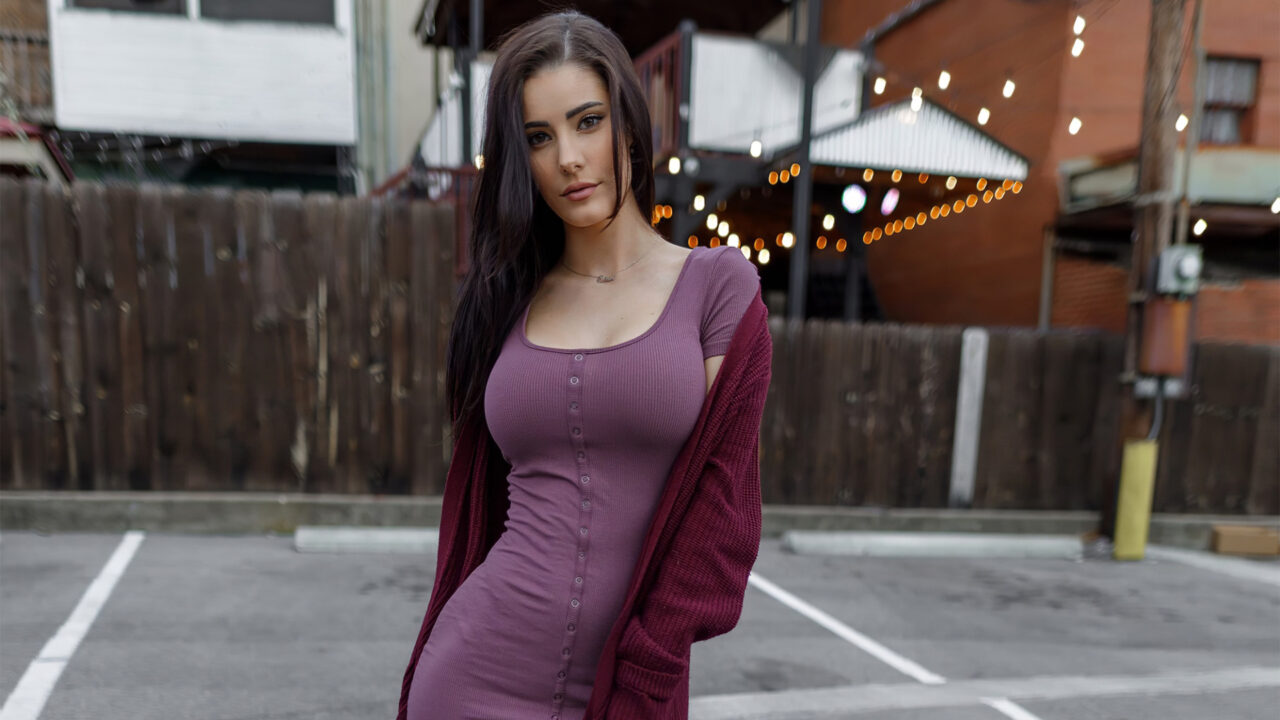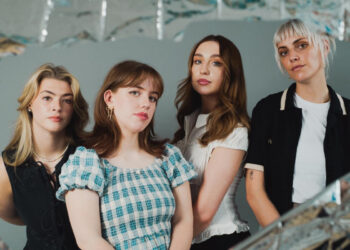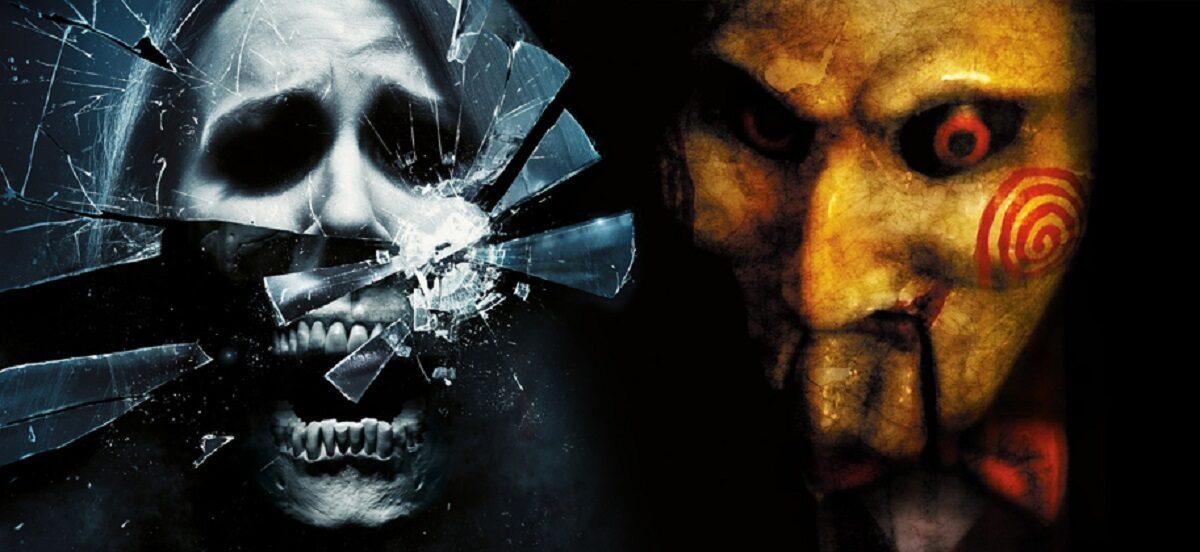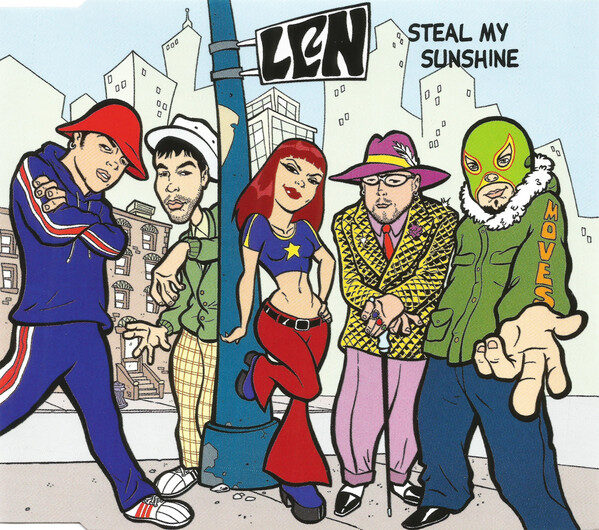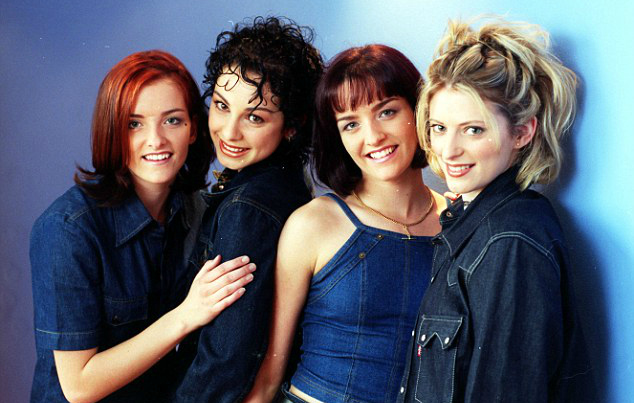Born in Berkeley and growing up in the Bay Area, Aaron Foster’s journey has been incredibly rich and layered, filled with successes, challenges, and a deep sense of self-reflection. Navigating through various careers, Aaron took it upon himself to be self-reliant with many different talents including lamp designing and manufacturing. Soon after, Aaron created a license plate map of the USA which gained popularity in the Sundance catalog. Overnight he became a huge success in the art world and for over 2 decades he dedicated his career to making art. Throughout the years, he has had work in the Smithsonian, the American Folk Art Museum and has done projects for CNN, American Spirit Cigarettes, Disney, The NFL, Target, Springbok puzzles and more. Some notable names such as Stephen Colbert, Jerry Seinfeld, Keith Olbermann and Jennifer Lawrence have pieces of Aaron’s work.
The success of Aaron’s art allowed him to finally move to LA in 2004 to chase his dream of becoming an actor. Within a year, Aaron booked his first hosting job and own show on HGTV, FreeStyle. In 2010, he moved to Boulder, Colorado and with his business partners, decided to create an all-natural sports drink called Skratch Labs. Disrupting the sports nutrition industry, Skratch Labs has grown independently to become a multi-million dollar company. Since Aaron’s sports endeavor, he went into the restaurant business to create a pizza restaurant in which Yelp named it the “food + drink” #12 restaurants in the country for 2021.
The way Aaron has channeled his experiences into entrepreneurial ventures and creative outlets is inspiring. Currently, Aaron has focused his endeavors on comedy. He recently performed his “I Thought I Was Special” stand up at the Hollywood Fringe Festival to rave reviews and is on the road to perform his standup “Mostly Jokes” in several locations across the United States.
Up next, he will appear in the project “Fit for Murder” on Tubi. The true crime story follows a championship bodybuilding couple, Craig Titus and Kelly Ryan, from Vegas who, in 2005, committed homicide. Aaron is set to play real life Las Vegas Homicide Detective Clifford Mogg, who was involved in this case and later helped crack the Tupac murder.
In his spare time, Aaron enjoys cycling, yoga and cooking. He also owns a dog named Bodie who he takes on hikes in the Sierras. Aaron also advocates for mental health awareness and donates his resources to a local group in Reno called the Eddy House that helps teens who are currently facing homelessness. He has also donated some of his artwork to the Human Rights Campaign (HRC), for their fundraising gala in Los Angeles.
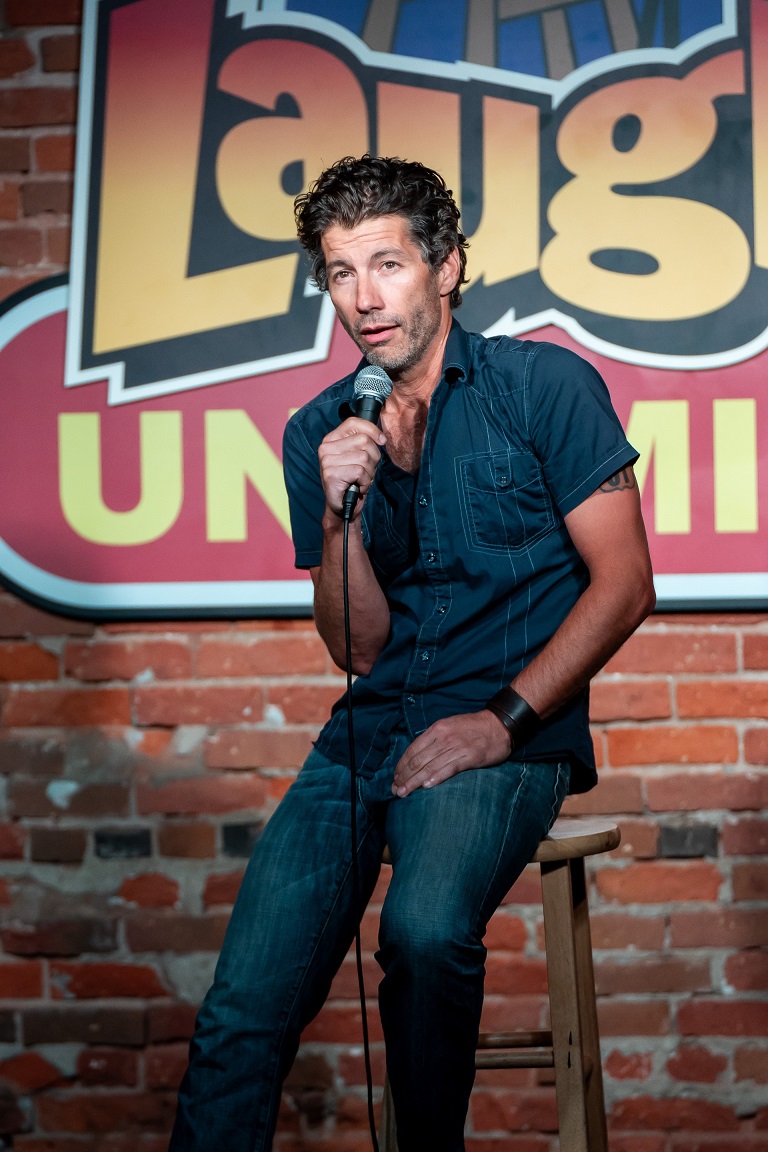
Aaron, welcome to OLC! Let’s talk about “Fit for Murder” which dives into a notorious true crime case. What was it like portraying Detective Clifford Mogg, a figure involved in both the Craig Titus/Kelly Ryan case and the Tupac investigation?
Fit for Murder was a fun project to work on. Partly because it was shot locally here in Reno, so I had friends on the cast and crew on day one which always helps. Beyond that, Detective Mogg was a kind of part that I always thought I was suited for, but hadn’t ever played on film so it’s always nice to be able to do something new as an actor.
Your role in “Fit for Murder” focuses on a real homicide case. How did you prepare to portray Detective Mogg, and did you have the opportunity to connect with him personally during your research?
I was not able to connect with Detective Mogg in person, but I did as much research on him as I could and honestly didn’t find much. Pictures, but no video, and even in the non-fiction tv-shows made about the case, Dateline or 20/20 or whatever it was, they interviewed lots of the actual people, including many of the police involved, I still didn’t find any footage of him.
So, my takeaway was that this a guy who isn’t in it for the spotlight. He’s a veteran detective, just wants to do the work. Which may or may not be right, but as an actor, at some point, you just have to make choices. So, I played it very matter of factly, very, “I’ve seen this 100x before” – that kinda thing. Which I think works for a couple reasons, one being that in a movie like this, a true crime story turned into a narrative, shot in 13 days on a tiny budget, my role is largely expositional. I’m there to look the part and get information across, not much more. And because of the budget and time frame, I knew I was not going to get a lot of extra takes so my goal was to never need an extra take because I screwed something up.
And, yes I was playing a real life guy but two things; one, nobody knows what that guy looks like, and two, I’m reminded of what Harrison Ford said to Mark Hamill during the shooting of the first Star Wars film when Hamill realized his hair should be wet in the scene they were doing, but wasn’t: “Hey kid, it ain’t that kinda movie.”
Same goes for Fit For Murder, it’s just not that kind of movie. That being said, I do take this stuff very seriously, I once lost 30 pounds to play a drug addict, I was 125 the day we shot the target scene and it was really important to me, but this was more like: put on khakis, a blazer and a detective badge and look concerned. As much as I would have loved to rehearse the interrogation scenes, come up with all sorts of blocking and create power dynamics between cop and suspect, there just isn’t always time for that kind of thing.
Your stand-up comedy touches on dark subjects, including mental health. How do you balance humor with such heavy topics, and what inspires you to explore these themes in your comedy?
Standup is cathartic for me. It’s a way to be able to talk about things I can’t any other way. And believe me, I’ve tried. After years, decades actually, of being in and out of therapy, talking about this stuff on stage has done more for me than any therapist. That’s not to shit on therapy at all, but comedy is a way for me to have conversations I can’t have in real life.
I suppose there’s a selfishness to that, but hopefully it’s not just that. When I talk about and joke about depression or anxiety or even suicide and people laugh, it makes me feel a little bit less alone. So, my hope is that maybe it does that for someone else, too. Comedy is subjective and my stuff definitely is not for everyone and I understand that. But as long as there’s one person on board, even in a big crowd, it’s still worth it. Also, for the record, it’s usually a lot more than one person!
“I Thought I Was Special” received critical acclaim at the Hollywood Fringe Festival. Can you share more about the personal experiences that shaped this solo show?
Because I have always wanted to be able to do an hour or more, I committed to doing that show before I really knew what it was going to be. By booking the show, I created a self-imposed deadline of an opening night that made me go through everything I’d written for the previous 18 months, find a throughline and form it into a semi-coherent thing. Or at least try to.
Ultimately, it’s a show about my life. My own struggles with mental health as well as other members of my family, most notable my father and brother, both of whom are now deceased. So as you might imagine it gets dark at times, but I don’t know what else to do but be honest about my life. It’s a lot about mistakes and regret – how I destroyed my own Hollywood career just as it was getting started- super hilarious stuff.
Everything I write starts as stand up and gets worked out in clubs so it’s pretty close to a regular stand-up show that just happens to cover my relationship with my abusive and bipolar father and my schizophrenic and suicidal brother, among other things. Probably not what you expect from a regular stand-up show, but it’s the only way for me to talk about those parts of my life. I’m not sure it’s entirely healthy, but I know that some people think it’s funny and that’s gotta be enough.
You’ve had a diverse career path, from art and entrepreneurship to acting and comedy. How have these different experiences informed your approach to comedy and acting?
My standard go-to response whenever my wide assortment of careers comes up is to say that it’s all just an attempt to never have to get a real job. Which is, by and large, true. I would not thrive in a 9-5 office environment. But there’s a little more to it than that. Having started multiple businesses across a wide variety of industries has given me a lot of life experience to draw from both as an actor and a comic. More than anything, the take-away from everything I’ve learned is that honesty and authenticity are the only real currency we have in this world. That’s not an exact ripoff quote from Lester Bangs in Almost Famous, but it’s in the ballpark so, tip of the cap to him.
It doesn’t look like it from the outside, but the reality is that I’ve lived so much of my life in fear. Fear of failure, embarrassment, shame, whatever, just fear and I’m at an age now where, I can’t say I’m not afraid anymore, but I’m a lot less afraid than I used to be. That fear of failure has its uses, though. It motivates me to try as hard as I can at whatever I’m doing so I don’t make a fool of myself. Failing as a comic is a bummer, for sure. There’s nothing like bombing in front of an audience. But it sure doesn’t kill you. I’ve succeeded and failed many times over and the failing is never anywhere near as bad as I think it will be.
What was the creative process like in bringing “Mostly Jokes” to life, and how has the response been so far on your comedy tour?
“Mostly Jokes” is largely the same show I did at the Hollywood Fringe Festival when it was called “I Thought I Was Special.” It’s been tweaked and now that I’m not up against the hard out at 60 minutes that I was at Fringe, there’s a bit more room to play with it, to improvise a little each night to try to find a better version of a particular joke or moment.
It just seemed like a better name to tour with. As for being on tour, you have to understand, nobody asked or invited me to do this. I’ve been reaching out to small theaters and venues around the country and producing this thing myself and it’s entirely up to me to get people to come out to the shows. So, it’s been pretty stressful. And so far, so good, but every show is an entirely new adventure. I’ve had sold-out venues and, well, let’s just say I’ve had some not sold-out venues. But everyone has been amazing and it’s really a dream come true to be on the road and every performance makes the show a little bit better.
You’ve partnered with the Eddy House for your Reno show, which supports homeless and at-risk youth. Can you tell us more about why this cause is important to you and how it aligns with your own journey?
The Eddy House here in Reno works to help houseless and at-risk youth in our community. Both with a place to stay, but also with teaching skills to get them, and keep them, off the streets. I did some pizzas from my restaurant for them during covid, and lately I’ve done a few shows where I’ll donate some of the ticket sales. It’s not much, I’m not exactly selling out stadiums at this point, but I know they do good work and that it is a great cause to contribute to. Life is hard for everyone. And to be on the street as a kid, I can’t imagine how much harder that makes it.
I had some hard times of my own, but was lucky enough to always have a roof over my head. I can’t imagine how much harder my own struggles would have been without that, so hopefully I can help make things a tiny bit easier for someone for a night or two.
From art to comedy, you’ve found success in many creative outlets. What drew you initially to comedy, and how does performing live compare to your other ventures like designing art or running a business?
I fell in love with stand-up as a kid watching A&E’s An Evening at the Improv in the 80s. There was something magical about a single person on stage with only a microphone and only their own words and wit to handle a room full of strangers. I was both drawn to it and terrified of it. I was such a shy kid, I never imagined I would ever be able to do it myself. And seeing how I’m 52 and have only really been doing it for a couple of years, I almost wasn’t.
Now that I’ve started, I can say that nothing that I’ve ever done compares to performing live comedy. A comedy audience is kind of its own thing. A living organism almost. And when they’re on your frequency and digging what you’re doing, it’s incredible. Of course, it goes the other way, too, which is a lot less fun. But as they say, you can’t win them all. At this point in my career, I do my best to remember the good shows and hang on to those memories because the next bad one might be right around the corner and it can be easy to forget how good it was, even if it was just a night or two ago.
As far as how it compares to running other businesses, it has a lot of similarities. Mainly that you are going to get very little help and the job itself, the “to do list” of that career is simply never going to end. No one will care about it as much as you do, so even if you are lucky enough to find people to help you, it will never be as important to them as it is to you. Now more than ever, you have to realize that you are the product you are selling. For me right now, the constant advice I get from everyone in “the biz” is that I simply have to get more social media followers. It’s not ideal, because I’m not crazy about most aspects of social media, but it is the reality of the moment. Comedy clubs want to have good comics performing, but they have to have butts in seats to sell drinks or they go out of business so having a large online following is a huge plus for performers. It’s all a business.
As an advocate for mental health awareness, how has your own journey with mental health influenced your work, both as a comedian and in your personal life?
My own journey with mental health is ongoing. I denied and ignored it for so long, that it sometimes feels a little strange to talk about it so openly on stage. For most of my life, I thought I could prove I wasn’t depressed if I achieved a lot. How could a person with a successful business (or two?) be clinically depressed or have a mental illness. So a lot of my life was spent denying who I really was and am. For me to talk about it on stage, to come right out of the gate and say I’m Aaron, I have clinical depression, I have social anxiety and we’re gonna talk about it in a funny way tonight, has made it all a little bit easier.
You’re involved in many philanthropic efforts, from supporting the Eddy House to donating art to the Human Rights Campaign. How do you choose the causes you support, and how important is giving back to your community?
Giving back is very important. It’s cliché and hippy-dippy and all that, but the reality is that we are all in this together. And sure, I’ve had some hard times and some tough personal stuff, but I’ve also been incredibly fortunate in other ways such as my businesses. I’m certainly not in comedy for the money, so if I can help raise awareness and a few bucks for a cause like the Eddy House, how could I not?
As for the Human Rights Campaign- someone on their board bought a piece of my art years ago and then reached out about me donating a piece for their big auction gala. That is of course a wonderful cause that I believe in so to be able to give a bit of my time to make a piece, that they can then auction to raise more than I would be able to donate otherwise, again, how could I not? I missed the last year because my shop was unable to do a piece in time, but I expect to be back on track with them in 2025.
Email:neill@outloudculture.com
Socials: @neillfrazer
